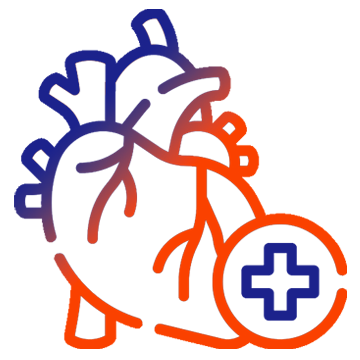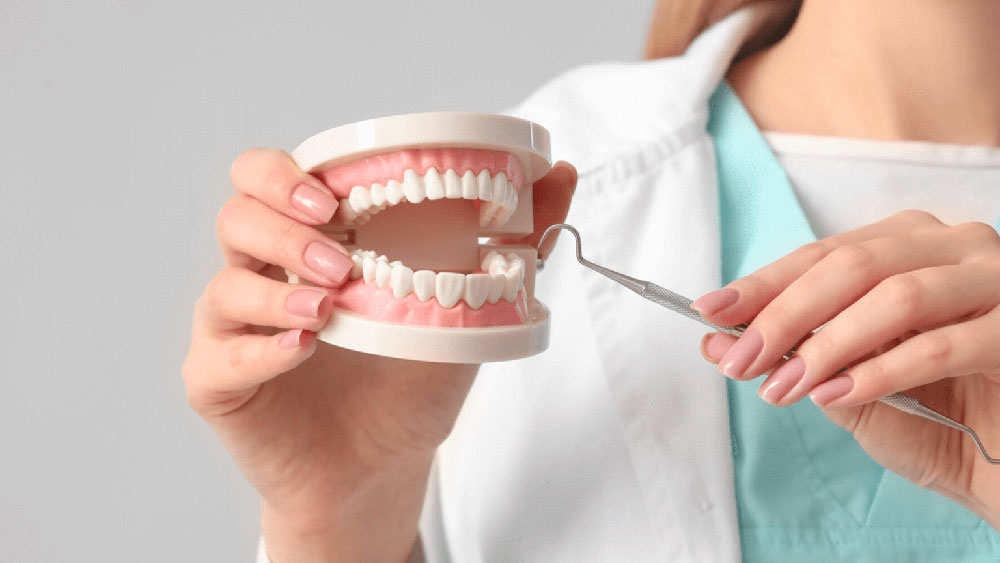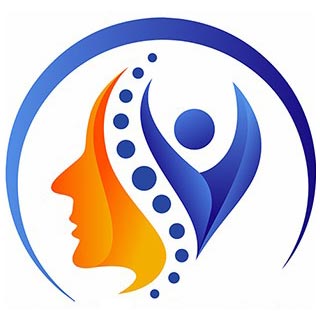
Spine Care Treatment
Specialized spine care services

Transform your spine, transform your life
We at Sparsh Hospital Jalandhar provide the best neurosurgical services include brain tumor excision, skull base and cerebrovascular surgery, peripheral nerve decompression, pediatric neurosurgery, minimally invasive and complex spine surgery, and more.
Common causes of spinal cord injuries
- Motor vehicle accidents
- A Sudden fall
- Sports and recreation injuries
- Acts of violence – Usually from gunshot wounds or Knife wounds
- Diseases -Such as Cancer, arthritis, osteoporosis and inflammation
Symptoms of Spinal Cord Injury
- Delay in movement.
- A twisted neck or back
- Dramatic change or loss in the senses of touch, heat, and cold.
- Lacking control over the bladder or bowels.
- Excessive spasms or reflex actions.
- Alterations in Egg production, sexual sensitivity, and reproductive health.
- Spinal cord’s damage can result in discomfort or a sharp stinging pain.
- Difficulty coughing, breathing, or removing secretions from the lungs.
- Trouble with balance and walking
Preventions
- When advised, wear restraints and safety gear.
- Drive defensively and with caution.
- Beware of falls.
- Be careful with firearms at all times.
- Avoid run or jump into deep water.
- Refrain from abusing alcohol, recreational drugs, and prescription prescriptions.






